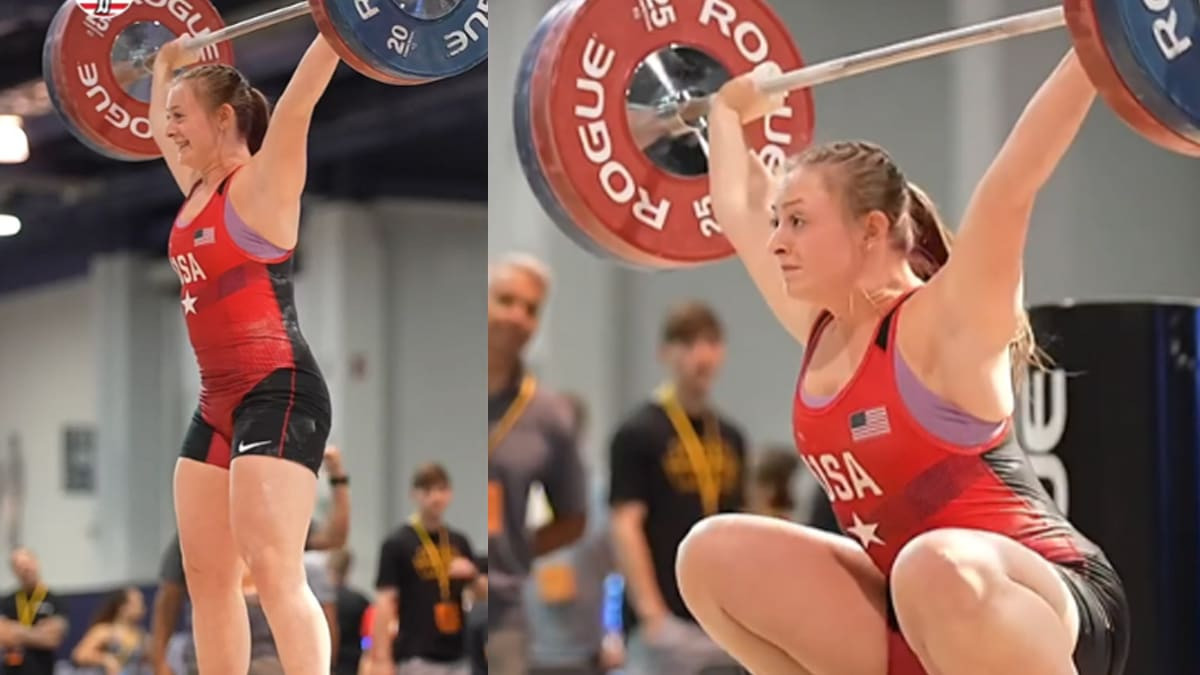The Football Review Committee (FRC) has proposed replacing extra-time or penalty shootouts with an 'overtime showdown'. The concept would see play restart and continue until one team scores. When that happens, the other team must match that feat from the kickout. The ball then returns to the referee who will throw it in again for a 'golden score' and the team that scores next will win the game.
The FRC sees the 'overtime showdown' as a fairer way of deciding games, having consulted with provincial councils on a host of “rule enhancements” they are considering ahead of being voted on at Special Congress on November 30, and introduced on a trial basis for the 2025 season.
At yesterday's media briefing in Croke Park, FRC chairman Jim Gavin outlined how, based on a national survey, most people would like to see more kicking, catching, long range points, goal scoring and general creative play in Gaelic football.
The FRC’s other main proposals are as follows:
-
Four points for a goal and two points for a score from outside or on the 20-metre line and a 40-metre arc, measured from the centre of the goal. 45s would remain one point but regular frees could be worth two.
-
Both teams must keep three players (not including the goalkeeper) inside each 65, or possibly a new halfway line, at all times
-
Goalkeepers can only receive the ball in the large rectangle or after passing their own 65
-
Kickouts to be taken from the 20m line and go forward outside the arc
-
A black-card for holding/grabbing the jersey if deemed a tactical foul, and the ball brought forward 50 metres. Contributing to a melee to become a black-card offence and making head-to-head contact with an opponent a red
-
A player, or one of their team-mates, can elect to ‘solo and go’ rather than take a free-kick when fouled
-
Players have to hand the ball to a fouled opponent, rather than dropping it or kicking it away
-
Line umpires can bring incidents to the referee's attention at any time, rather than waiting for a break in play
-
'Forceful' on-field dissent would be punished by bringing the ball forward 50 metres, rather than the current 30, while dissent from team officials or panel members on the sideline would result in an automatic 13m free
-
The advanced mark will only apply within the 20-metre line and automatic advantage will apply, encouraging forwards to continue play
-
Matches to be timed by a countdown clock, that the referee can stop, and concluded by a hooter - as in Ladies football - signalling the end of the game, likely once the ball next goes out of play
-
Penalty shootouts, and possibly extra-time, to be replaced by an ‘overtime showdown’ next-score-wins format, or one where the conceding team has one opportunity to match their opponents' score and prolong the additional period
-
Throw-ins to start a half will be contested by just one player from each team, with another on the sideline, and all others behind the 65m lines
-
Teams can introduce six substitutes, rather than the current five
-
The square-ball rule would be standardised, meaning players could enter the large rectangle once the ball was kicked, regardless of whether it was in open play or from a free-kick
The FRC’s final list of experimental rules won’t be confirmed until next month prior to the interprovincial tournament weekend in Croke Park when they will be put into action.
As of now, they are considering the following:
Seven core enhancements
-
One v one for throw-in start of game (other two midfielders start game on opposing sidelines);
-
Players may be inside the 20-metre line before kick-out, which must go beyond the 40m arc (ie) travel a minimum of 20m;
-
Goalkeeper can only receive a back-pass in the square or beyond the halfway line;
-
The 40m scoring arc outside of which a kicked score over the bar is worth two points. The value of a goal is also increased to four points;
-
Three outfield players from each team must remain inside each 65m line at all times;
-
The choice for players to solo and go upon winning a free;
-
The advanced mark to be permitted when a ball kicked from outside the 45m line can be caught inside the 20m line. Players will be allowed advantage before taking shot (time limit, possibly five seconds, to be decided).
Disciplinary considerations
Aggressive fouls: Tactical fouls to be made Category II infractions (red card), head-to-head contact a Category III infraction (red card).
Technical Fouls: Ball brought forward 50m for tactical foul or interfering with a free kick, sideline kick or kick-out; square ball rule for free kicks aligned with general play rule, ie player can be in the area once the free is taken.
Dissent: Ball brought forward 50m for forcefully challenging referee; free kick from 13m line awarded against a team for dissent from team officials or non-playing substitutes; for U17 and below, black card for dissent but player can be replaced.
Officiating considerations
Stop clock controlled by the fifth official on the referee’s signal; vanishing foam used to mark spots where free kicks are taken inside the 65m line; overtime showdown instead of penalties; line umpire (linesman) can bring foul play to the attention of referee.
Examining the Proposed Changes: A Deep Dive
The FRC’s proposed changes aim to address key concerns surrounding the current state of Gaelic football, such as the prevalence of defensive tactics, the decline in scoring, and the lack of excitement in matches. These changes are geared towards bringing back the essence of Gaelic football, emphasizing the thrill of attacking play and skillful execution.
Scoring Overhaul: A New Emphasis on Risk and Skill
The proposed increase in points for goals and the introduction of a 40m scoring arc are significant alterations designed to encourage risk-taking and highlight the importance of scoring from distance. The aim is to force teams to consider alternative strategies and make the game more unpredictable.
A Shift in Defensive Dynamics
The requirement for teams to have three players inside each 65m line aims to create more space in the middle of the field, encouraging offensive play and reducing the effectiveness of defensive tactics that dominate the current game. This change could lead to a more open and dynamic style of football.
Streamlining the Game: From Throw-Ins to Dissent
The FRC also proposes several changes to streamline the game and reduce the time spent on stoppages. These include a new system for the throw-in that focuses on a one-on-one contest, a revised advanced mark rule that incentivizes players to continue attacking after catching the ball, and a more efficient system for awarding free-kicks.
Cracking Down on Dissent and Cynical Play
The proposed sanctions for dissent and tactical fouls reflect a renewed focus on sportsmanship and fair play. The FRC aims to discourage unsportsmanlike behavior and create a more positive and respectful environment on the field.
A Balancing Act: Tradition Meets Innovation
While the FRC’s proposed changes are undoubtedly innovative, they also represent a balancing act between modernizing the game and preserving its traditional values. The core goal is to create a more engaging and entertaining game for both players and spectators, while retaining the unique characteristics that make Gaelic football special. This delicate balance will be critical to the success of these proposed changes.
The Road Ahead: A Vote of Confidence?
The success of the FRC’s proposals hinges on their acceptance by Congress. The proposed rule changes are geared towards making the game more exciting, emphasizing skill and risk-taking, and ultimately, creating a more enjoyable experience for all involved. Whether Congress will approve these changes remains to be seen, but the FRC’s commitment to innovation and improvement is a positive sign for the future of Gaelic football.
The Bigger Picture: Beyond the Rules
Ultimately, the success of the FRC’s initiatives will depend on a broader cultural shift within the GAA. While rule changes can create a platform for change, they are only one part of the solution. The GAA must also invest in youth development programs that prioritize skill development, encourage coaches to embrace offensive tactics, and foster a culture that values fair play and sportsmanship.
The Future of Gaelic Football: A New Dawn?
The proposed rule changes represent a potential turning point for Gaelic football. They offer the opportunity to address longstanding criticisms, create a more engaging and exciting game, and ensure the sport’s continued popularity for generations to come. The FRC’s vision for the future of Gaelic football is one that emphasizes skill, sportsmanship, and above all, the joy of the game.

















